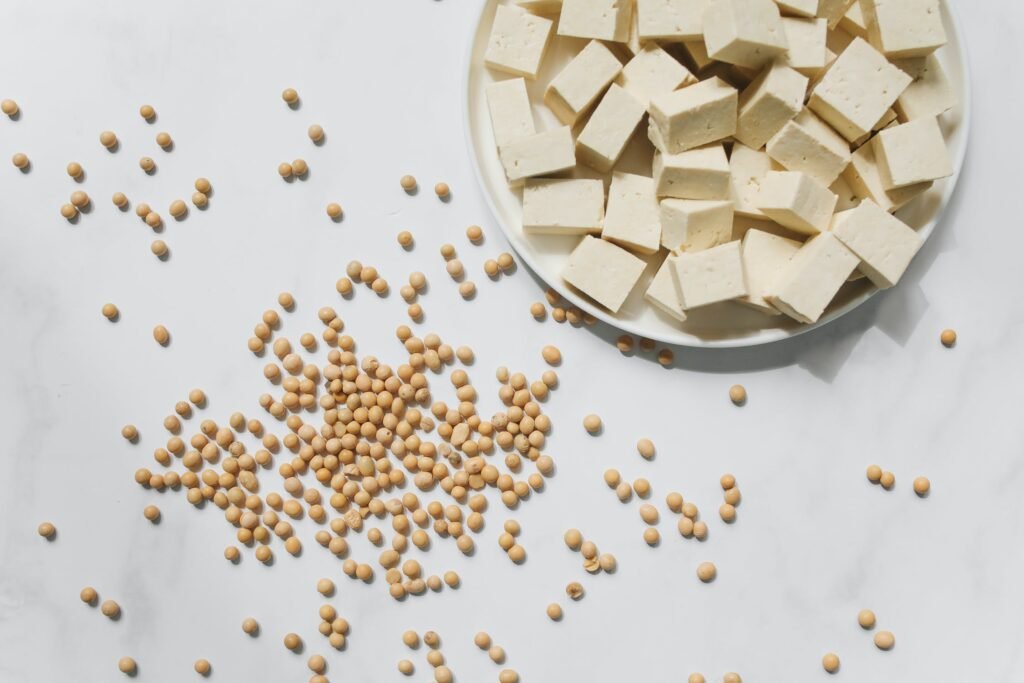7 things I learned from 34 years’ battle with my skin
Protect your gut microbiome and maybe wash your face less

In my 34 years of life, my skin went from good to bad, to good, to bad, then to good. While I groped my way back to the door of good skin club, people give me comments such as “you are glowing”, and “your skin looks good”. Some thought I used foundation, and got surprised when they heard I didn’t.
While people started asking me how I took care of my skin, I thought I’d share my journey with you.
Avoid direct or indirect face to face contact with others
My skin had always been good when I entered my teenage years. It was spotless, moist and plumped. Some would say, it was genetic — My parents never had a pimple on their faces. In fact, my grandparents never grew a pimple either.
However, it started to turn bad. You might think that by then, I went through this hormonal phase, which led to bad skin. While it might had been the case, but given that my whole family didn’t go through this phase, I sensed it was something else.
I had my first boyfriend. And he had facial skin issues. His face was slightly oily with blackheads, white heads and redness. And we had direct or indirect face to face touches.
The relationship didn’t last long — might had been a year, but I had since started to grow blackheads and occasional pimples. I remember those days when I stood in front of a mirror and cleaned nasty things out of my newly emerged blackheads.
That was my first and last boyfriend before I graduated from university. While heavy studying and teenage/young adulthood glumness took over the majority of my time, my skin condition slowly began to improve.
Several online reports point out that ace is not contagious. However, facial skin condition is a complicated matter. Pimple-like lesions can be caused by other conditions other than ace. “There are skin lesions that may have a similar appearance to acne that are contagious.” says a healthmatch.io article, medically reviewed by Dr. Trish Kahawita.
You should also pay attention to demodex folliculorum. Another medically reviewed article on healthline.com explains that it’s a type of mite that lives within the hair follicles on human skin, feeding on dead skin cells. “They can be spread by contact with someone else who has them.” The article further states that increasing evidence suggests the mites can cause rosacea, which is “a long-term inflammatory skin condition that causes reddened skin and a rash, usually on the nose and cheeks,” according to National Institution of Health (NIH).
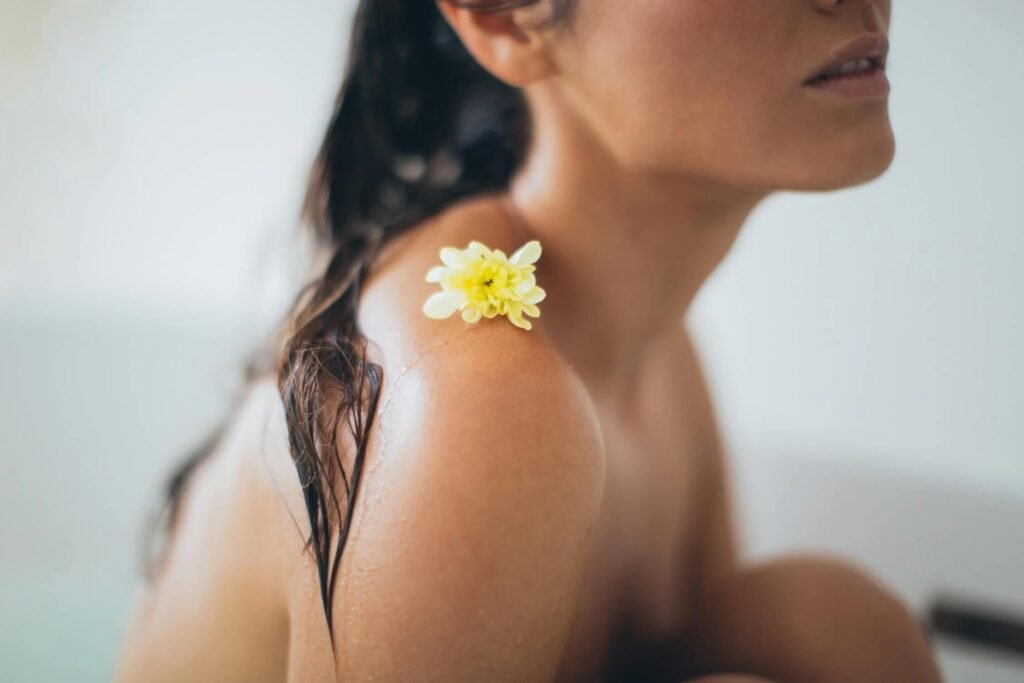
Exercise and detoxify your body
I also began to exercise, a lot, around that time. Not to better my skin condition as a goal, but to lose weight (Yes, I was a chubby teenager). However, it helped my skin a great deal. Meanwhile, I gradually cut unhealthy snacks out of my diet.
I did nothing fancy. I just walked, and walked, and walked. From 4km at a time, to 7km, to 12km, to 25km. I never quit it and it became my habit. Hot summer days? Sure. Frigid winter nights? Yes, please. I loved my walks in different seasons. I would sweat profusely and drink lots of water on these walks.
Combined with a healthy diet, I could feel my body being clean. My skin became gorgeous. It had a natural blush. And when I woke up every morning, I could feel the collagen in my cheeks. Blackheads became lighter and lighter.
An article on the website of American Academy of Dermatology Association, aad.org, referred to Dr. Edidiong Kaminska’s opinion on how exercise effects the skin: “(Exercise) provides oxygen and nutrients to the skin cells and clears impurities from the skin, creating a post-workout glow.”
A report put together by Department of Family Medicine and Community Health, University of Wisconsin School of Medicine and Public Health, explains that our body gets rid of toxins via the liver, skin, kidneys, intestines, lymph nodes, and blood vessels. We remove toxic products through breathing out, urine, feces, and sweating.
It also suggests that sweat regularly through exercise, drinking enough clean water and have a clean, healthy diet are among the ways to detoxify our body.
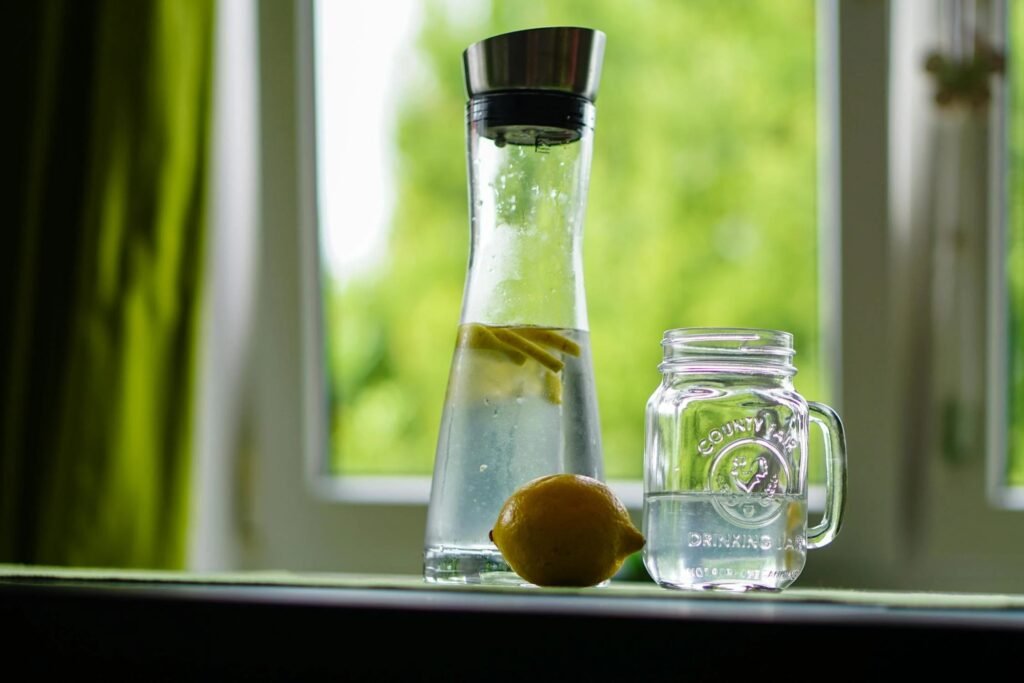
Protect your skin from the sun
According to NIH, though “UV benefits human health by mediating natural synthesis of vitamin D and endorphins in the skin, excessive exposure to UV carries profound (skin) health risks, including atrophy, pigmentary changes, wrinkling and malignancy.”
The biggest regret of mine when it comes to skin care, is that I didn’t protect my skin under the sun until my late 20s. No UV light protective umbrella or hat, no sunblocks, I simply didn’t have the concept. Before 25, luckily, my skin regenerated and repaired itself faster than the damage from the sun.
However, the sun started to teach me a lesson in my late 20s. As I continued exposing my bare skin under it, a small faint dark spot started to form just above my left cheek. And I stopped waking up with plump skin every morning. My skin started to lose its bounciness. My face started to look “mature” due to the loss of collagen.
So, protect your skin from the sun, as early as possible.

Sleep enough, regularly
The sun didn’t do the crime by itself. I joined an airline to become a cabin crew around that time. With an irregular flying schedule across time zones, day and night, sleeping at regular times became difficult. Within those three years, I witnessed my skin aging at a fast pace.
An article published on National Library of Medicine says, “studies have shown that sleep plays a role in restoring immune system function and that changes in the immune response may affect collagen production … we hypothesized that lack of sleep as well as other types of stress can impair skin integrity.”
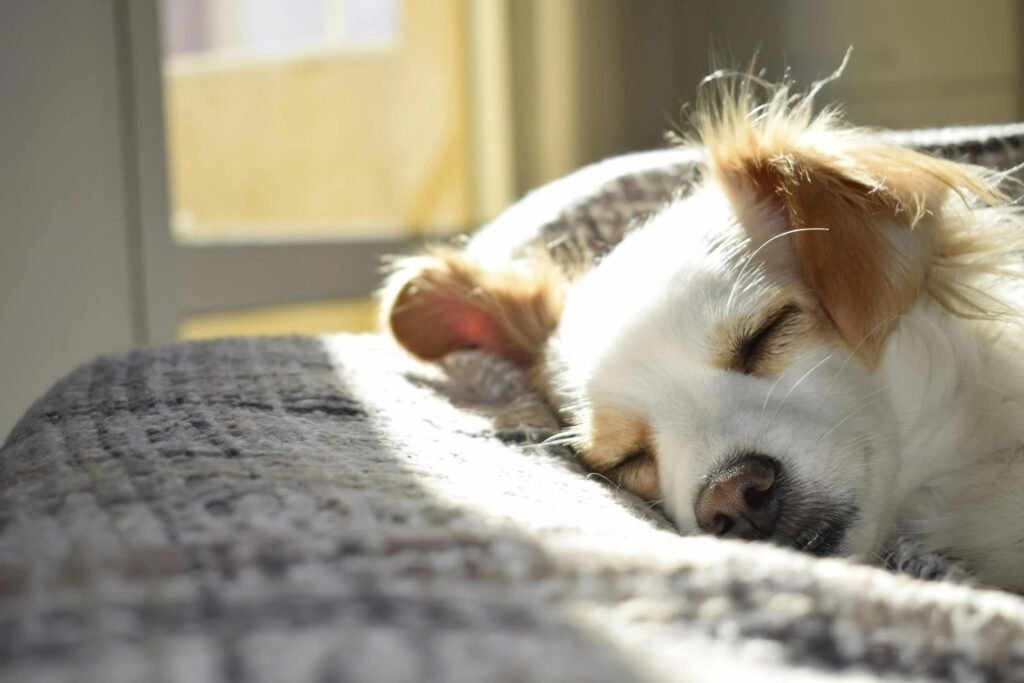
Protect your gut microbiome
Towards the end of my cabin crew career, I had an infection, which came with a high fever. Before knowing what it was, doctors tried a variety of antibiotics on me. After they found out what it was, they gave me fixed antibiotics, along with some other pills.
Those pills killed many of my healthy gut microbiome. I became the weakest I’d ever been. I lost muscles and often had digestive system problems. My skin became terrible. The tone was dull. I could see capillary on my face, which became very oily, and pimples popped up on it one after another.
Together with one family member’s pass, I also fell into depression. Not so severe but it was like a dark cloud constantly being over my head.
An NIH research found that many skin diseases are accompanied by an altered gut microbiome. It states that change in gut microbiome “is associated with an altered immune response, promoting the development of skin diseases, such as atopic dermatitis, psoriasis, acne vulgaris, dandruff, and even skin cancer.”
So, be careful with the medicines you put in your mouth, have a balanced diet and keep a good mood.

Maybe try not to wash your face so much
It was a messy time. I remember quitting my job and taking a few months off to adjust my body and mind. My face became so greasy, I’d wash it with soap a few times on some days. However, it only made it worse.
Luckily, I managed to keep some good habits going: I walked routinely, ate healthy, rested when I needed. Besides that, I started protecting myself from the sun.
It took me painfully long — a few years, to pull my body, including my skin, out of that misery. During this journey, I chose to allow my body and skin to heal themselves. I stopped using soap to wash my face. Instead, I used only water and dried my face with one-time-use makeup cotton pads. Slowly, my skin stopped being so greasy. Then I tried to not wash my face whenever I could, for as long as I could.
Meanwhile, weekly or biweekly, I would use a facial razor to exfoliate my face — Some would call it dermaplaning. With time, pimples stopped popping up on my face and my facial tone became even and started glowing.
Several online reports have pointed out that over-cleaning of our skin, using harsh products, can break the balance of the skin microbiome. Millions of fungi, bacteria and virus form our skin microbiome, which play important roles in protecting our skin against invading pathogens. It’s like a barrier. When we break the balance of our skin microbiome, it often lead to skin diseases.
Use natural skin product on your face
You might be thinking: Washing my face with only water is not practical. How can I do it with makeup?
I wash my face with only water, during my no-makeup days. When I put makeup on, I usually only use eye pencil, eyebrow pencil, mascara, eye shades, and a self-made blush consisting of three ingredients: Beewax, coconut oil and mica powder. I don’t use foundation, because I feel that it prevents my skin from breathing.
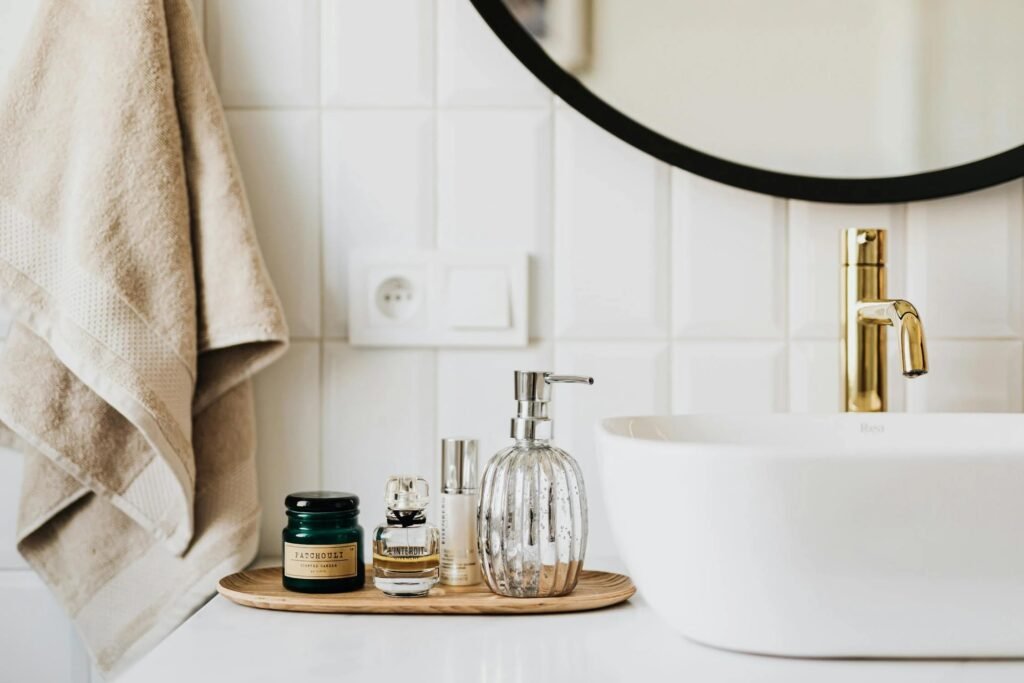
When selecting makeup products, I read through the ingredients. For example, I choose natural oil(jojoba oil, shea butter etc.) based eye pencil. When taking off my makeup, some coconut oil would do the job. Then I’d wet some makeup cotton pads with water, and wipe my face till it’s clean.
I also use natural aloe vera on my face and body, and jojoba oil on my body, as a skin care routine.
Nowadays, though my skin cannot compete with the skin I had when I was younger, people still gave me compliments. From now on, it’s all about maintenance. Everyone’s skin is different, while all of the above helped me and hopefully can help you, you should still research and develop your own skin care methods.

